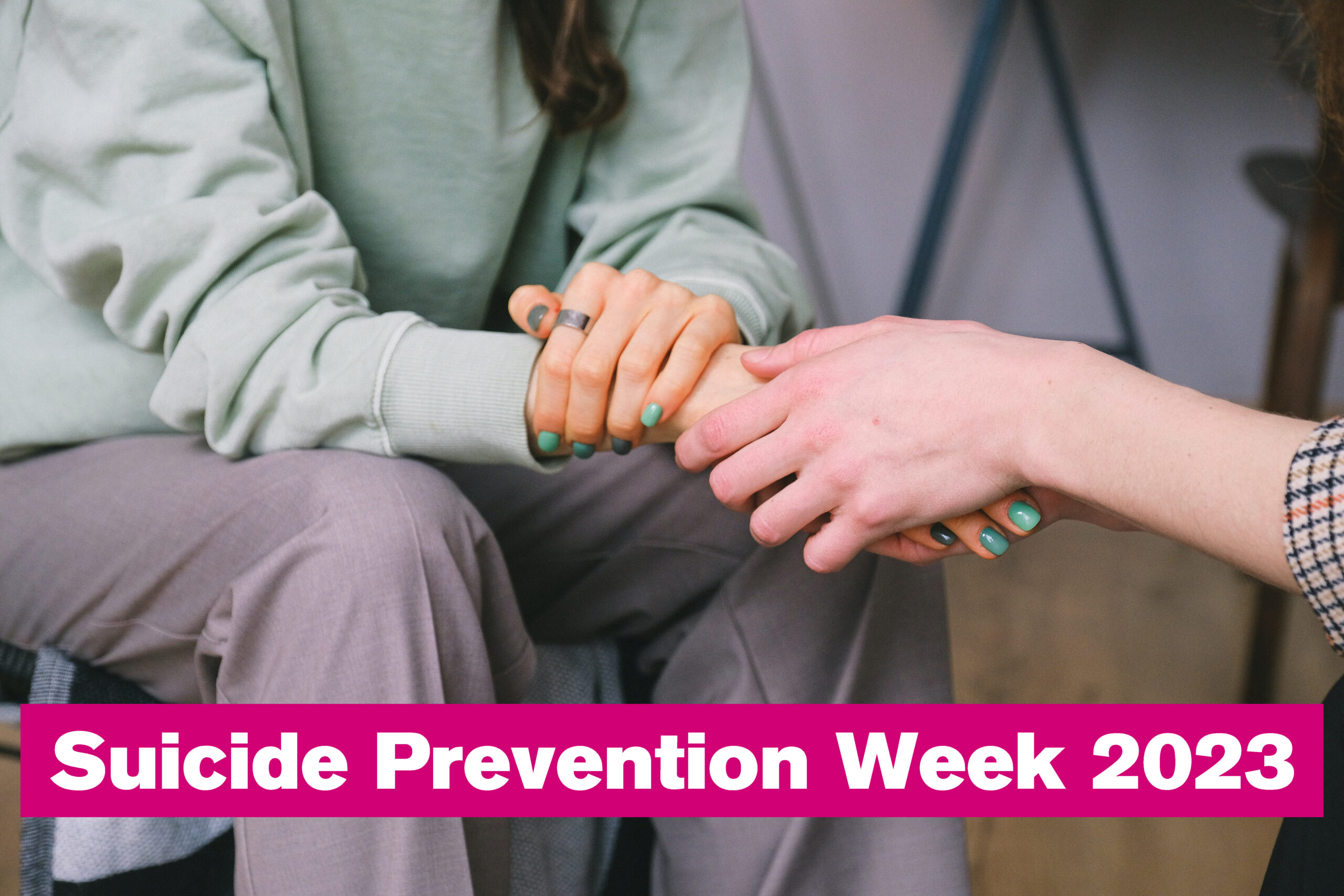
This week (10th-16th September) is Suicide Prevention Week. To mark the beginning of this important week, as well as today being Suicide Prevention Day, we wanted to share some information on the link between suicide and missing, insight from our Helpline team on what they have observed, and resources that may be able to help.
As part of our research published in April 2022, in the survey with missing adults, many people disclosed that they had experienced suicide-related harm while missing:
The report also found that the most commonly disclosed type of harm experienced by people who had been missing was related to suicide.
The staff on our Helpline have recently experienced an increased number of people calling the Helpline with concerns relating to mental health and/or taking their own life.
“Often people who are missing, away from home or thinking of leaving are going through challenges with their mental health. This means we receive messages and calls from people who are suicidal. We can offer them a safe and confidential space to talk about what is going on, and if they want us to we can get them urgent help or connect them with family members or professionals who support them.”
– Paul Joseph, Head of Helplines and Reconnections
Our Helpline is open 7 days a week, from 9am – 11pm. Call or text 116000 or email 116000@missingpeople.org.uk for free, confidential support from our Helpline team.
Download our free mental health guides to know how to take care of your mental health, as well as the mental health of your loved ones.
Download Mental Health GuidesYou can access other services that can give specialist help, advice or support here.
Sign up for emails highlighting missing appeals, information on how to share the appeals, and more information about our work. It is free to join and you can unsubscribe at any time. Find out more.